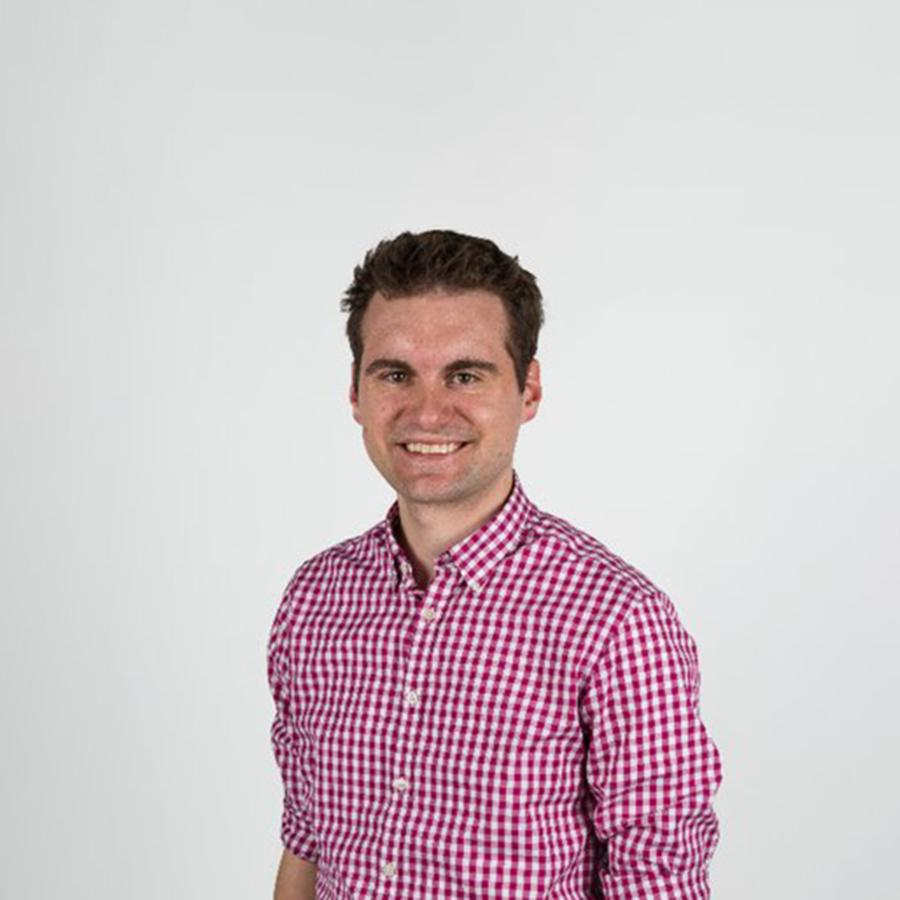Meet the Faculty

Jing Li is an associate professor of economics at the Farmer School of Business. He previously was on the faculty of South Dakota State University and Auburn University. He earned a Ph.D. from the University of Alabama in 2006. Jing Li won the Richard K. Smucker Teaching Excellence Award (Junior Professor) in 2015. He regularly teaches courses including Principle of Macroeconomics (university honors section), econometrics, and time series analysis. His research interests are in the area of time series analysis and applied economics. He has published in a number of academic journals such as the Oxford Bulletin of Economics and Statistics, International Journal of Forecasting, Journal of Time Series Analysis, Journal of Empirical Finance, and Journal of Macroeconomics.

Jonathan Wolff received his Ph.D. in economics from the University of Notre Dame in 2014 and is an Associate Professor of Economics at the Farmer School of Business at Miami University. He is a macroeconomist and his research interests lie in the fields of business cycles, monetary and fiscal policy, and credit frictions. He employs both theoretical and empirical methods. Wolff teaches intermediate and advanced macroeconomics.

Chuck Moul received his bachelor’s (economics and political science) from Miami University in 1994 and his Ph.D. in economics from Northwestern University in 2000 with an emphasis on empirical industrial organization. He was an assistant professor at Washington University in St. Louis before returning to Miami in 2008. Moul has published articles in top journals on collusion by Russians in international chess tournaments, word-of-mouth in theatrical movie runs, the long-run impacts of financial panics on U.S. banking before the Civil War, odds-making by Australian horse-racing bookies, vertical relationships between retailer and wholesaler, and other disparate topics.

Peter Nencka received his Ph.D. in Economics from The Ohio State University in 2020 and is currently an Assistant Professor of Economics in the Farmer School of Business at Miami University. He is an applied microeconomist with research interests in labor and public economics, with applications to education, innovation, and economic history. Recent work studies how local and national policies affect the skills needed to enter and succeed in college and foster innovation. He enjoys teaching econometrics, statistics, and microeconomics.

Riley Acton received her Ph.D. in economics from Michigan State University in 2020 and is currently an Assistant Professor of Economics in the Farmer School of Business at Miami University. She is an applied microeconomist with research interests spanning labor, public, education, and health economics. Her current work examines the strategic behavior of colleges and universities, the effect of local labor market shocks on K-12 and college students, and the impact of school finance policies on educational outcomes. Dr. Acton enjoys teaching courses in microeconomics, including the ECO 630 class in the MA program, and fostering a diverse pipeline of economics students.

David Lindequist received a Ph.D. in economics from Washington University in St. Louis in 2020 and is an Assistant Professor of Economics at the Farmer School of Business at Miami University. He is interested in macroeconomics, monetary economics, and public economics. In his research, he studies the role of financial frictions in explaining business cycles and economic growth, risk sharing in currency unions, and the impact of ethnic diversity on local public finances. He teaches macroeconomic theory at the undergraduate and a topics class in macroeconomics at the graduate level.
